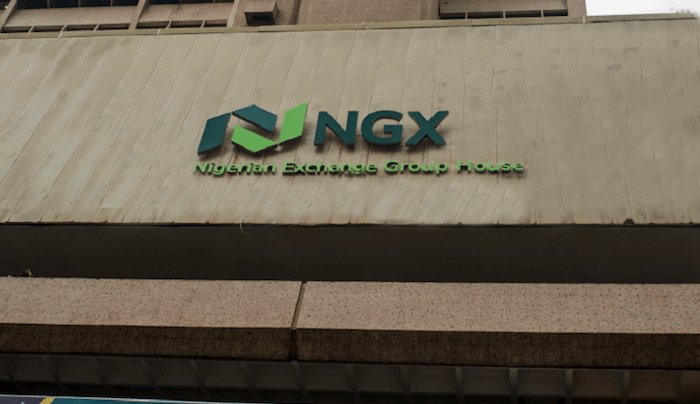Nigeria’s equities market is experiencing its strongest rally in nearly two decades, with transactions on the Nigerian Exchange Limited (NGX) surging to N6 trillion between January and July 2025. This performance not only doubles the entire value of equities traded in 2024 (N3 trillion) but also marks the highest level since 2007.
July stood out as a defining month. Investors exchanged a massive N1.815 trillion worth of equities, making it the busiest month on record. Domestic players dominated the scene, responsible for over 91 percent of trades (N1.669 trillion), while foreign investors contributed just 8 percent (N1.459 billion). The NGX attributed this unusual spike largely to block trades.
For comparison, the market recorded N778.65 billion in June—less than half of July’s volume. Then, foreign participation was slightly higher at 17.89 percent, while local investors carried the bulk with 82.11 percent.
Monthly Breakdown
-
January 2025: N607.05 billion traded. Domestic investors took 88.22%, foreigners 11.78%.
-
February: N509.47 billion traded. Domestic share climbed to 91.63%.
-
March: A reversal—foreign investors dominated with 62.74% (N699.89 billion), while locals contributed 37.26%.
-
April: Market cooled to N482.04 billion. Locals held 86.92%, foreigners 13.08%.
-
May: Activity picked up again at N700.50 billion, with domestic investors driving 83.02%.
-
June: N778.65 billion traded; domestic dominance continued.
-
July: N1.815 trillion, the standout month with block trades pushing volumes to record highs.
Overall Picture (Jan–July 2025)
-
Domestic investors: N4.726 trillion (78.67%).
-
Foreign investors: N1.281 trillion (21.33%).
-
Inflows: N609.73 billion
-
Outflows: N671.56 billion
-
-
Domestic retail investors: N1.988 trillion
-
Institutional investors: N2.738 trillion
This surge underscores the growing strength of local participation in Nigeria’s capital market, even as foreign inflows remain modest. Analysts suggest that sustained domestic dominance could signal resilience, though the balance of foreign inflows and outflows will remain crucial for long-term stability.

